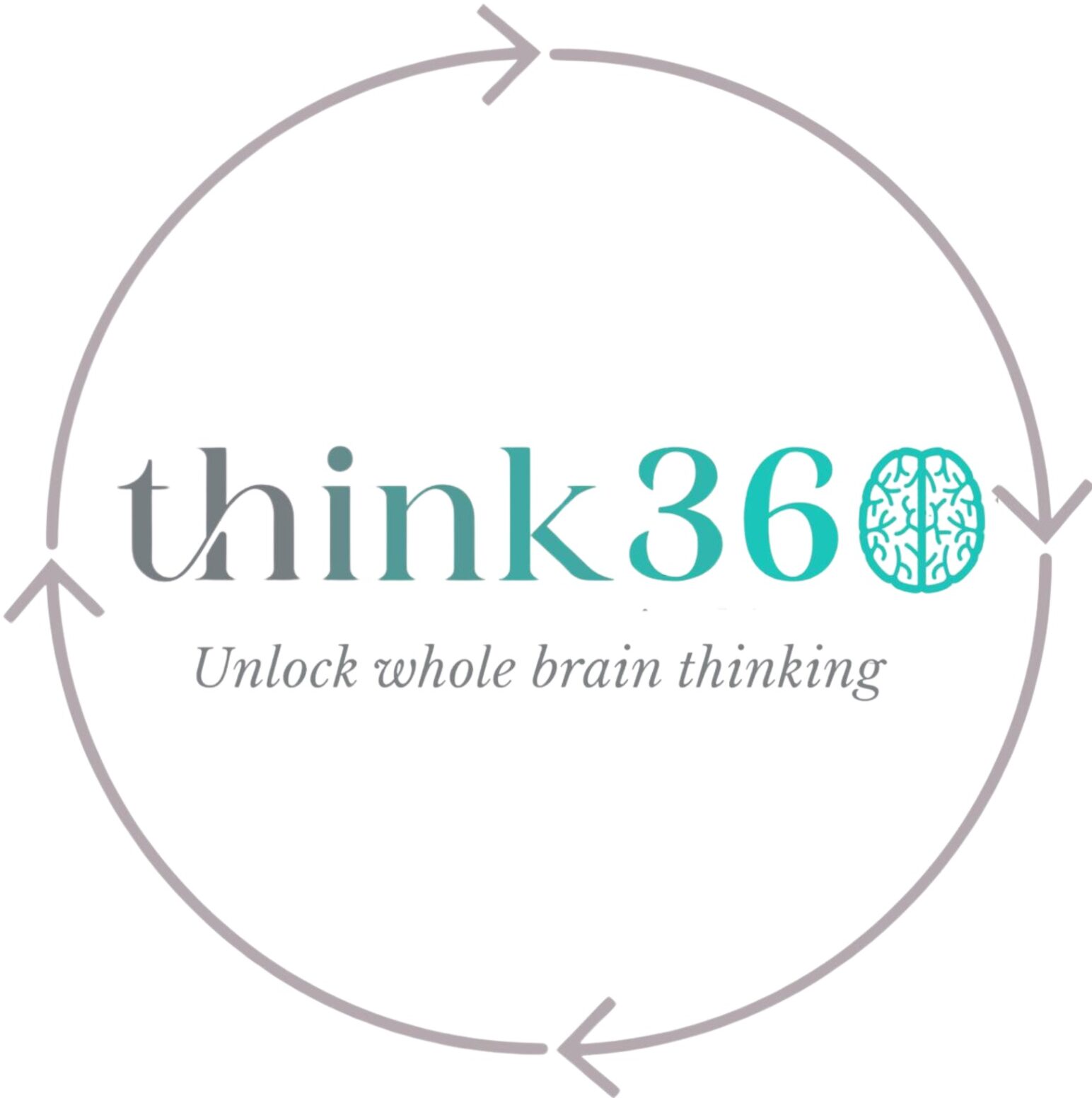I’ve seen time and again how understanding your brain profile doesn’t just unlock potential, it transforms lives. From career choices to learning support, from family harmony to marriage relationships, knowing how you and others think brings a new level of harmony in relationships promoting an individual’s and family’s well-being. Let’s explore how this works in life.
1. Work That Feeds Your Strengths
When we’re in a job that aligns with our natural brain preferences, work feels less like a struggle and more like a place to thrive. For example, someone with a strong L1 profile (logical, analytical) will often feel energised by data-driven work like engineering, science, or finance. In contrast, someone with a strong R2 profile (interpersonal, relational) might feel more fulfilled in teaching, counselling, or customer service roles rather than a role that requires working in islolation with facts and analysis.
When you’re in a career that doesn’t match your brain preferences, it can lead to stress and burnout. Roles that are aligned with our strengths, allow us to operate with energy and feel fulfilled. Simply put, being in the right job supports mental health and overall well-being.
2. Learning Becomes Easier When Students Understand Themselves
For students, especially those with learning difficulties, knowing their brain profile can be life-changing. If a student struggles with constant frustration at school due to not being able to meet deadlines or losing interest in learning because they are required to listen and concentrate for long periods of time, and perhaps their brain profile reveals a preference for R1 thinking, meaning they may be highly imaginative and creative, could find traditional structured tasks overwhelming or frustrating. Once parents and teachers are made aware of a student’s brain profile, they could adapt the way the student is taught and engage them with more hands on learning. The student could be encouraged to study using mind maps, visuals, and creative expression, when learning or being assessed.
This leads to a student being understood, engaged, confident and to flourish academically. Learning support that matches a child’s thinking style is one of the greatest gifts for their well-being.
3. Creating Harmony at Home: Parents and Children
One of the most beautiful shifts I witness is in family life. Parents, for example, discover why their children behave in ways they previously misunderstood.
I recall working with a dad who felt frustrated with his son for always being late, losing track of time, and seeming “zoned out.” After seeing his son’s profile, he realised his son was R1 dominant (imagineer/creative thinker) naturally imaginative and not always focused on time or routine. Now, instead of reacting with irritation in these situations, the father has started adjusting his communication style, giving clear, shorter instructions, gentle reminders and building more flexibility into daily routines. The tension at home eased, and father and son have grown closer by finding ways to connect in line with the way the child enjoys playing and connecting.
When parents adapt to their communication to their children’s brain preferences, they build deeper connections, and that harmony supports everyone’s well-being.
4. Siblings
It’s not just parents who benefit, siblings do too. In families where older children understand each other’s profiles, there’s greater empathy and reduced conflict. For example, a sister with a strong L2 profile (structured, orderly) may clashe with her brother, who is highly R1, an imagineer/creative thinker and more carefree. Once they understand their differences, the sister will realise her brother isn’t being careless on purpose (although as siblings go he might be!), he simply thinks differently. What is important to her, neatness, tidiness, punctuality, is not as important to the brother because he easily loses track of time and is not necessarily concerned about tidiness. With support, they can begin to meet each other halfway, building respect instead of resentment. The parents could also navigate sibling conflict more effectively around each child’s thinking preference using communication strategies according to each child’s thinking. This shift not only reduces arguments but also creates a calmer, happier home environment.
5. Stronger Marriages
I’ve also seen how couples benefit from knowing their brain profiles. For example, one partner was a dominant L1 thinker (focused on structure, detail and facts), while the other was very R2 dominant (people-oriented, slightly more sensitive, yet flexible). They often misunderstood each other’s priorities.
Once they saw their profiles side by side, a lightbulb went on! They realised that neither way of thinking was better than the other – they were simply different. With this understanding, they began to appreciate each other’s strengths instead of criticising differences in their preferred communication styles. Where the L2 partner needs facts and details or is more organised in their activities such as finances and holiday planning, the R2 partner may be more sensitive to the tone and body language of the L1 partner’s directness and desire for facts, which may come across as agressive and confrontational. They now communicate in ways that ensure they have their partner’s attention and in turn ensure there is less miscommunication. The result? Less conflict, better teamwork, and a stronger marriage.
The Heart of Well-Being
At the core of well-being is understanding yourself and others. Brain profiling helps people step into that space of compassion and clarity, where careers fit, learning feels possible, homes are peaceful, and relationships grow stronger. Don’t get me wrong, it’s not all plain sailing! It takes time to change the way you communicate and behave by trying to accommodate another person’s thinking preferences, but it is possible and most definitely worthwhile.
When we know how we and those around us think, we move from frustration to empathy, from conflict to harmony, and from stress to well-being.
I’ve seen these transformations firsthand. If you’d like to explore how brain profiling can support your own well-being, or your family’s, reach out and begin the journey today.


